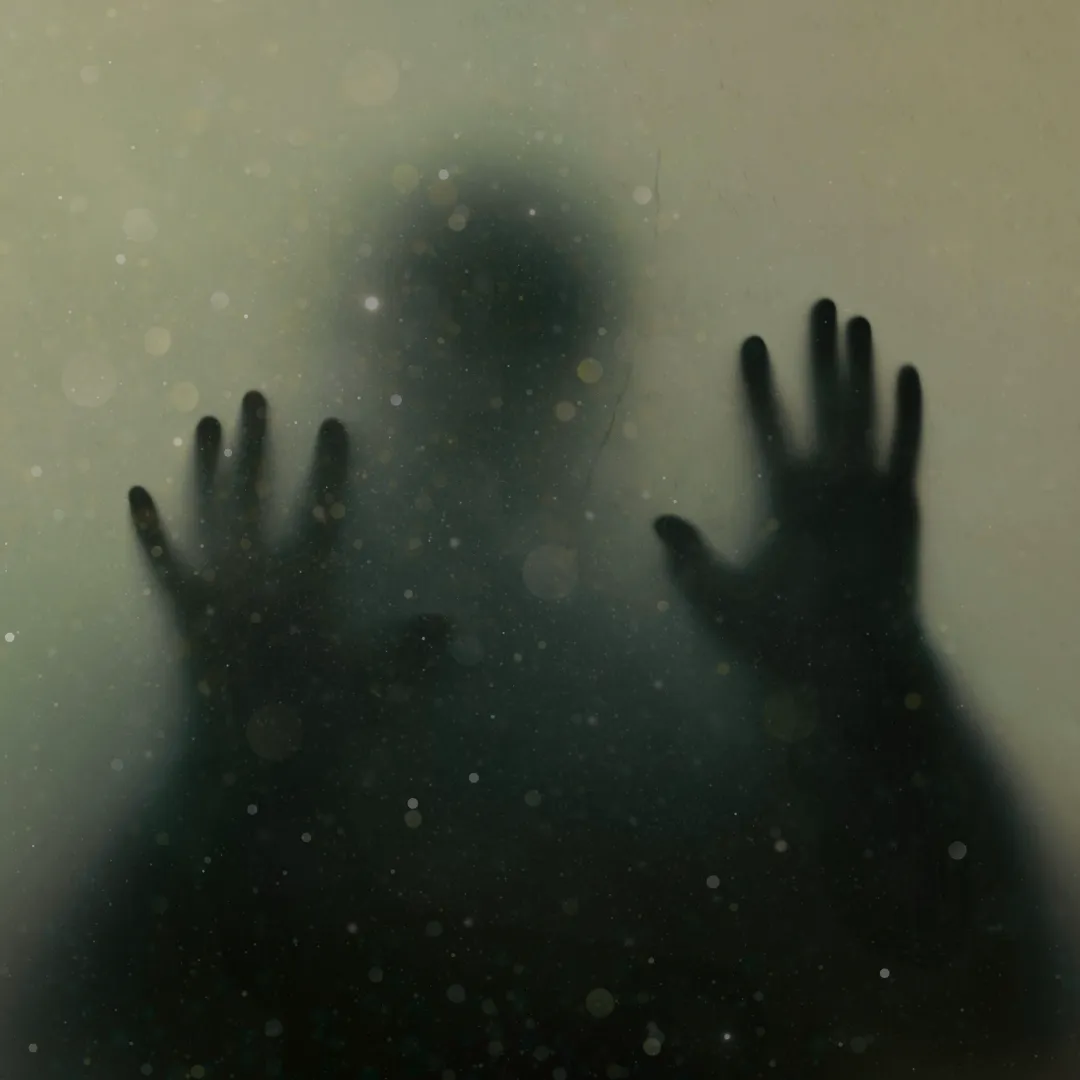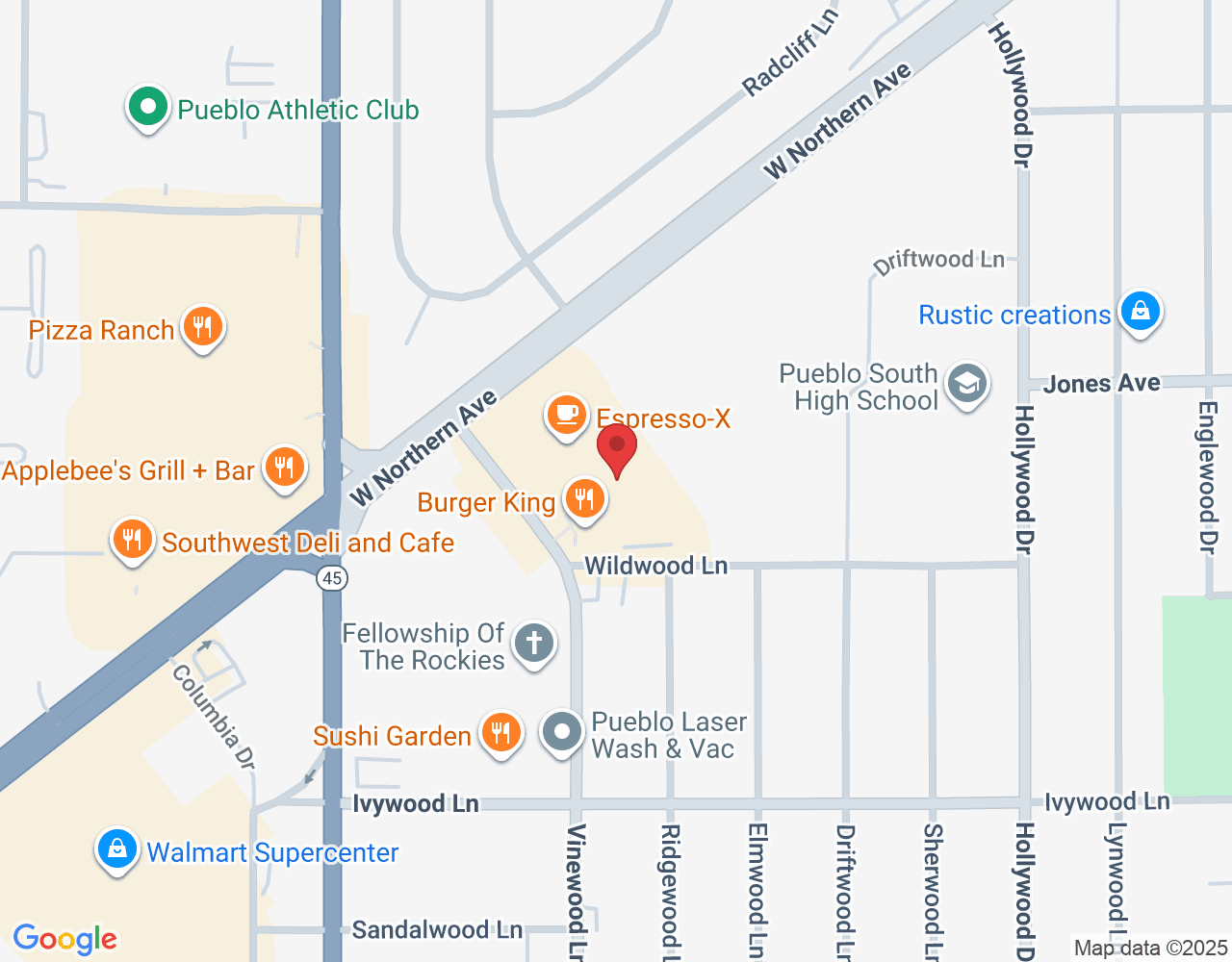
Debunking Common TRT Myths: Separating Fact from Fear
Why TRT Gets a Bad Rap
Testosterone replacement therapy (TRT) changes lives. It restores energy, sharpens focus, rebuilds confidence, and revitalizes intimacy. Yet despite decades of research and millions of success stories, TRT still carries a cloud of misinformation.
Scroll through social media or talk to the average primary care provider, and you’ll hear it:
“TRT will make you sterile.”
“Your testicles will shrink to nothing.”
“It causes prostate cancer.”
“It’s just for bodybuilders.”
These myths stop men from seeking help—or worse, make them abandon treatment prematurely.
At Steel City HRT & Weight Loss, we believe in cutting through noise with truth. Let’s debunk the most common myths around TRT and show you why the reality is far more empowering than the fear.
Myth #1 – TRT Makes Men Completely Sterile
The myth: If you start TRT, you’ll never be able to father children again.
The truth: TRT can suppress sperm production by shutting down the body’s natural LH (luteinizing hormone) signal, but this does not equal permanent sterility.
Fertility can often be preserved or restored using adjunct therapies like HCG (human chorionic gonadotropin).
Many men on TRT with HCG continue to conceive naturally.
Even without HCG, fertility often recovers when TRT is discontinued under medical supervision.
📊 A study by Coviello et al. (2005) showed that low-dose HCG preserved intratesticular testosterone in men on TRT—critical for sperm production.
👉 Bottom line: TRT may lower fertility temporarily, but with proper management, fatherhood remains absolutely possible.
Myth #2 – TRT Causes Extreme Testicular Shrinkage
The myth: Start TRT and your testicles will “shrink from grapes to raisins.”
The truth: Some reduction in testicular volume is normal, but the fear is greatly exaggerated.
Shrinkage is typically modest, not extreme.
Many men report cosmetic or confidence-related concerns, but not dysfunction.
Adding HCG to TRT protocols helps maintain testicular volume and activity.
One of our patients, Brian, said:
“I was nervous about shrinkage, but honestly, it’s been minimal. Once I started HCG alongside TRT, everything looked and felt back to normal.”
👉 Bottom line: Shrinkage is real but mild—and it’s manageable.
Myth #3 – TRT Is Only for Bodybuilders or Athletes
The myth: TRT is a fancy word for steroid abuse.
The truth: TRT is a medical therapy for men with clinically low testosterone—not a shortcut to six-pack abs.
Symptoms treated include fatigue, brain fog, depression, weight gain, and low libido.
Millions of men use TRT for health, not vanity.
Steroid abuse involves supraphysiologic doses far above therapeutic ranges—TRT restores balance to normal, healthy levels.
At Steel City, we see men from all walks of life—teachers, mechanics, executives, fathers—who simply want to feel like themselves again.
👉 Bottom line: TRT is healthcare, not performance enhancement.
Myth #4 – TRT Causes Prostate Cancer
The myth: Testosterone “feeds” prostate cancer.
The truth: This belief comes from outdated studies in the 1940s. Modern research has debunked the link.
The saturation model (Morgentaler & Traish, 2009) shows that prostate tissue only uses a certain amount of testosterone. Beyond that, extra hormone doesn’t increase cancer risk.
Large studies confirm no increased risk of prostate cancer in men on TRT.
In fact, men with low testosterone may have higher rates of aggressive prostate cancer.
👉 Bottom line: TRT does not cause prostate cancer. Regular screening ensures men remain safe and optimized.
Myth #5 – TRT Will Make You Angry or Aggressive (“Roid Rage”)
The myth: Testosterone turns men into ticking time bombs.
The truth: “Roid rage” is linked to abuse of anabolic steroids at extreme doses, not therapeutic TRT.
Proper TRT doses restore balance—not chaos.
Most men report improved mood stability, reduced irritability, and less depression.
A 2016 study in the NEJM showed improved mood and vitality in older men on TRT, not aggression.
One patient, Jason, said:
“Before TRT, I was snapping at my kids all the time. After optimizing, I’m calmer and more patient. My wife says she got back the man she married.”
👉 Bottom line: TRT helps stabilize mood—it doesn’t create rage.
Myth #6 – Once You Start TRT, You Can Never Stop
The myth: TRT is a lifetime “trap.”
The truth: Many men do choose lifelong optimization because they love how they feel, but stopping is possible.
Natural testosterone production can sometimes return after discontinuation, especially with proper medications to restart function.
Symptoms may return when stopping, which is why many men continue therapy by choice, not necessity.
👉 Bottom line: TRT isn’t a trap—it’s a tool. You choose how long to use it.
Why These Myths Persist
If the science is so clear, why do these myths live on?
Media sensationalism – Steroid scandals in sports bleed into public perception of TRT.
Outdated medical training – Many providers still rely on decades-old dogma.
Fear of hormones – Cultural stigma paints testosterone as dangerous rather than restorative.
Insurance barriers – Denials and restrictive guidelines fuel misconceptions that TRT is “unnecessary.”
The result? Men who could benefit avoid care—or get dismissed when they seek help.
At Steel City, we believe education is medicine. The more truth men know, the more empowered they are to reclaim their health.
FAQs on TRT Myths
Q: Will TRT make me infertile forever?
A: No. Fertility can be preserved with HCG, and function often returns if TRT is stopped.
Q: How much shrinkage should I expect?
A: Minimal, especially with adjunct HCG. Most men find it’s not nearly as dramatic as myths suggest.
Q: Can TRT make me aggressive?
A: Not at therapeutic doses. Proper TRT often improves mood stability.
Q: Does testosterone cause prostate cancer?
A: No. Modern research has consistently shown no causal link.
Q: What’s the difference between TRT and steroid abuse?
A: TRT restores hormones to normal ranges. Abuse involves much higher, unsafe doses.
Conclusion: Empowerment Through Truth
TRT myths paint a scary picture. But when you look at the science, the reality is clear:
TRT doesn’t cause permanent sterility.
Shrinkage fears are exaggerated and manageable.
It isn’t just for athletes.
It doesn’t cause prostate cancer or “rage.”
And it isn’t a trap—it’s a choice.
For men struggling with fatigue, low libido, weight gain, and brain fog, TRT is a lifeline—not a liability.
👉 At Steel City HRT & Weight Loss, we cut through myths with evidence-based, personalized care. Call us today at 719-669-4223 or visit steelcity-trt.com to learn the truth about TRT and take back control of your health.
References
Coviello, A. D., Matsumoto, A. M., Bremner, W. J., Herbst, K. L., Amory, J. K., Anawalt, B. D., Yan, X., & Brown, T. R. (2005). Low-dose human chorionic gonadotropin maintains intratesticular testosterone in normal men with testosterone-induced gonadotropin suppression. Journal of Clinical Endocrinology & Metabolism, 90(5), 2595–2602. https://doi.org/10.1210/jc.2004-0802
Morgentaler, A., & Traish, A. M. (2009). Shifting the paradigm of testosterone and prostate cancer: The saturation model and the limits of androgen-dependent growth. European Urology, 55(2), 310–321. https://doi.org/10.1016/j.eururo.2008.09.024
Snyder, P. J., Bhasin, S., Cunningham, G. R., Matsumoto, A. M., Stephens-Shields, A. J., Cauley, J. A., Gill, T. M., Barrett-Connor, E., Swerdloff, R. S., Wang, C., Ensrud, K. E., Lewis, C. E., Farrar, J. T., Molitch, M. E., Cella, D., Rosen, R. C., Pahor, M., Crandall, J. P., Ellenberg, S. S., & Hou, X. (2016). Effects of testosterone treatment in older men. New England Journal of Medicine, 374(7), 611–624. https://doi.org/10.1056/NEJMoa1506119




Facebook
Instagram
LinkedIn
Youtube
TikTok
Pinterest